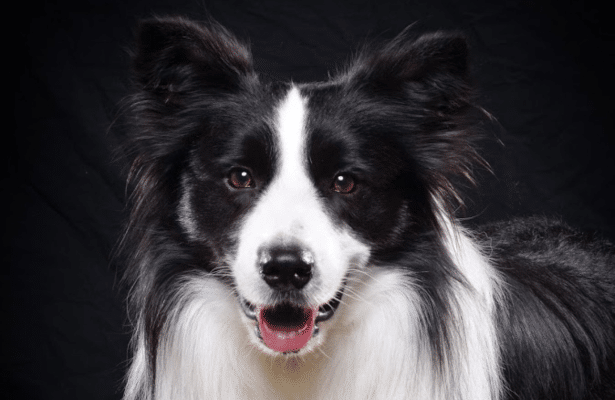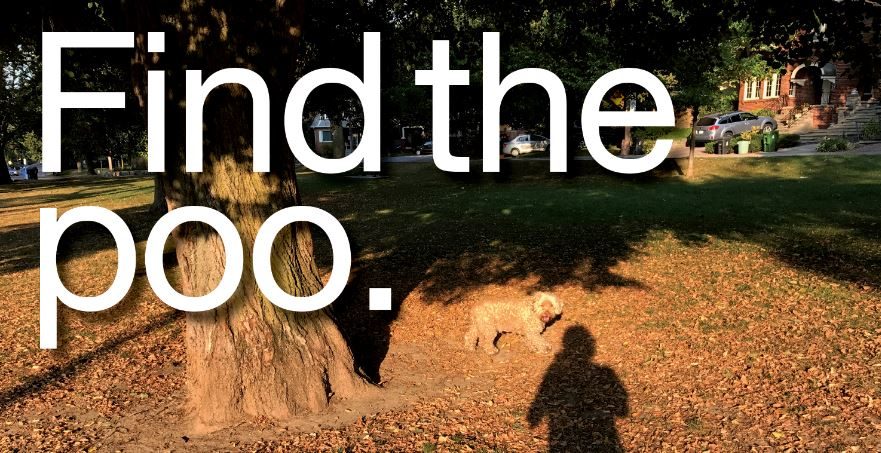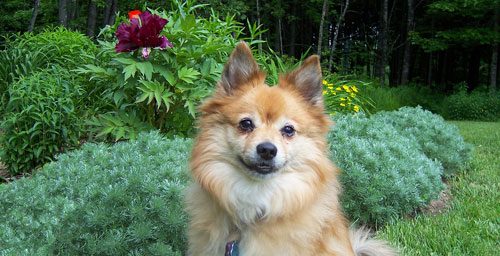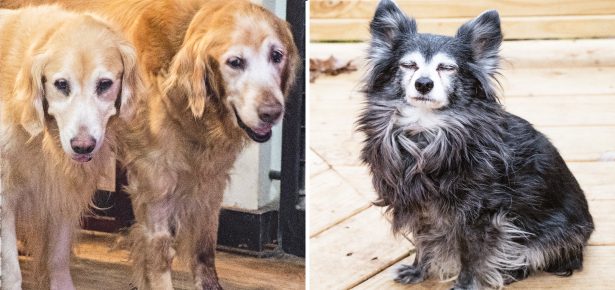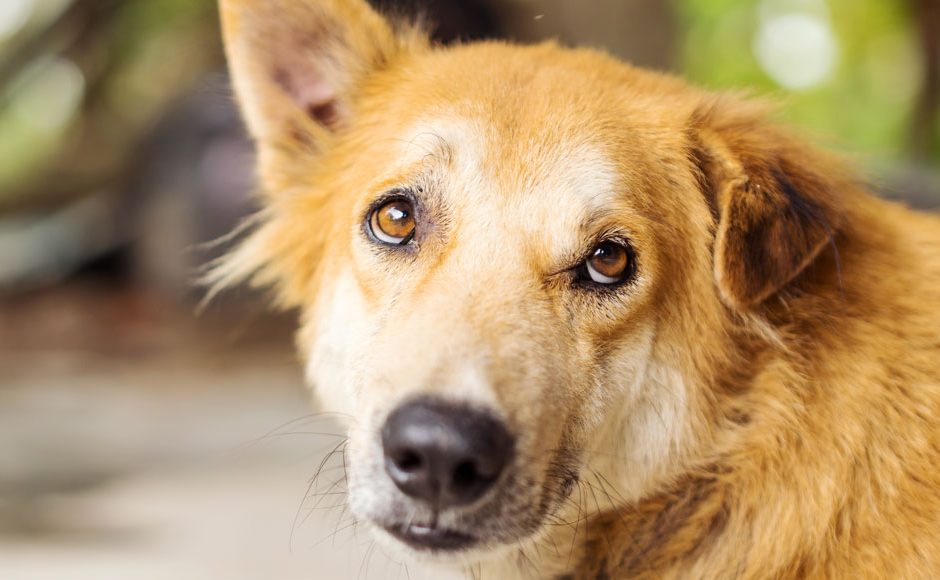
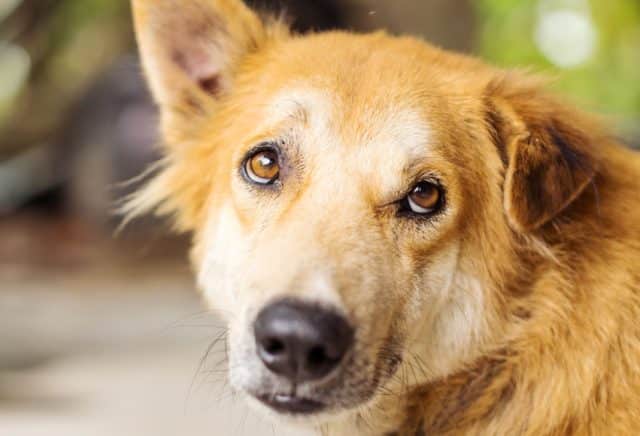
5 Reasons Your Dog is Whining—and How to Make Him Stop
How to make your dog stop whining: expert tips from a canine behaviour specialist
A barking dog can certainly be annoying. But whining? That’s enough to drive you crazy. Whine, whine, whine, whine… How to stop a dog from whining? It can feel like it goes on for hours. Some dogs also hit a certain pitch, driving a mental spike right through your brain. The more your dog whines, the less patience you have. What is up with the whining, anyway? Dogs whine for a variety of reasons, including appeasement, excitement, and for attention. How you stop it depends on why your dog is whining.
The Attention Whine
“Pay attention to me! Whine, whine, WHINE!” This is one aggravating dog. These dogs whine for you to hurry up and feed them meals, whine for you to throw the ball, whine for you to pet them, whine when they want water, whine to go outside, whine to come inside, and generally whine for whatever it is that they want at the time. This is a behaviour that often gets worse because the pet parent reinforces it.
If you give in to the attention-seeking whiner, you’re paying that behaviour. So your dog will keep whining, because it works. In order to fix this, you have to stand strong. Don’t give in to the whining. Don’t reward the behaviour, which includes not looking at your dog and not talking to your dog when he’s whining. Ignore your dog completely until he quiets.
For example, your dog whines until you let her out of her crate. Don’t look at her; don’t move towards the crate until she is quiet. The second she is quiet, reach for the crate door. If she starts up again, then remove your hand. Wait for quiet. Only when she is quiet do you open the crate door to let her out. The first few times you do this it will take a long time. But if you give in, the whining will only get worse. If you stick to your guns, it will take less and less time, and the whining should stop.
The Stress or Fear Whine
A dog that is frightened or stressed may whine. Is this your dog? Look for other signs your dog may be afraid, including cowering, lip licking, yawning, being clingy, and generally looking worried. She may try to avoid or get away from whatever is causing her to be afraid. She may pace back and forth. Her tail may be tucked.
If your dog is exhibiting these symptoms, yelling at her for whining will not fix the problem because it won’t address her fear. Imagine something is terrifying you and you cry out for help, only to have someone yell at you to shut up. Does that suddenly make you feel comfortable and happy? Of course not! If you have a stressed or frightened dog, try to find out what is causing the stress. Is it a loud noise? People? Other dogs? The vacuum cleaner? Help your dog be less afraid of what is scaring her, and she will be less likely to whine in fear.
To start addressing this, make sure you and your dog are far enough from the scary person or object that your dog is not panicking. Never force her to be close to a person or thing that frightens her. When you are at a good distance away, every time she looks at what is frightening her, give her a treat. See the scary object, get a treat, over and over. If she will not take the treat, it means the scary person or object is greater than your reward. Move her farther away and increase the value of the treat. Work slowly, and don’t rush progress. It may take time to teach your dog that scary objects are not so scary after all. If you need help, work with a professional, reward-based trainer. Address your pup’s fear, and you will find her whining decreases.
If you have a dog that isn’t exactly terrified, but just anxious in general, the same techniques will help. Also, consider increasing your dog’s exercise. Exercise is good for the body and mind. If your dog is tired, she has less energy for whining. Realize that a typical walk is not really adequate exercise for your dog. You might be tired, but your dog won’t be. Aim for at least 20 minutes of cardiovascular activity a day.
The Alert Whine
Some dogs are natural watchdogs. If they hear something or see something, they feel a need to inform you about it. This can take the form of barking or whining. It could be a potential burglar. It could also be a lizard sunning himself on a tree outside a window, or a piece of trash blowing by on the breeze. Some dogs are not picky about what they want to talk about!
If you have one of these dogs, get your treats handy. After one or two whines, call your dog to you and reward her with a treat. With practice, you’ll find your dog whines a couple times and then comes to you, rather than fixating on the whining.
The Excitement Whine
This dog whines when you grab his leash, when he’s in the car, when you’re approaching the dog park—basically anytime he gets excited, particularly if there’s a delay in gratification. There are two ways to approach this—management and training. For management, you want to remove the dog from the situation that is causing him to whine. For example, if your dog whines when he sees something outside the window, block his view of the window. The more he practices the whining, the better he gets at it and the more ingrained the behaviour. So blocking his view helps prevent him from starting whining in the first place. Increasing this dog’s exercise will help, too. If his leash is the cue to whine, try taking your dog outside by the collar and only presenting and attaching the leashing once you’re outside.
For training your dog not to whine, the approach is very similar to what you do with the Alert Whiner. After a couple whines, call your dog to you and give him a treat. Give him other behaviours to do except whining—sit, down, shake paw, any option rather than whining. Channel that energy into something else.
With car whining, this can be tricky because you have to drive. It’s best to have a friend help you. Work in short sessions. For the first sessions, don’t even start the car. Get your dog to where she is quiet in the car without it even moving. Give her treats for being quiet. Then start a really short drive down your driveway. If she whines, pull over and ignore her. Give her treats when she is quiet. What also helps the Car Whiner is a food-stuffed interactive toy. Stuff a rubber hollow toy with peanut butter and her kibble to give her a pacifier while you’re driving.
The Hurt Dog Whine
Dogs also whine when they are sick or injured. Is your dog acting strangely? How is her breathing? Is she eating normally and eliminating properly? Is she old and perhaps arthritic? If you suspect your dog may be whining because she is in pain, please consult your veterinarian.
While whining can be annoying, it’s communication. Your dog is trying to tell you something—you just need to figure out what it is so you can best help your dog learn that silence is golden! Know you know how to stop your dog from whining! You just need to figure out the cause of the whine and address it!
This article was originally published in the award winning Modern Dog magazine. Subscribe today!
Join the newsletter and never miss out on dog content again!
"*" indicates required fields
By clicking the arrow, you agree to our web Terms of Use and Privacy & Cookie Policy. Easy unsubscribe links are provided in every email.
